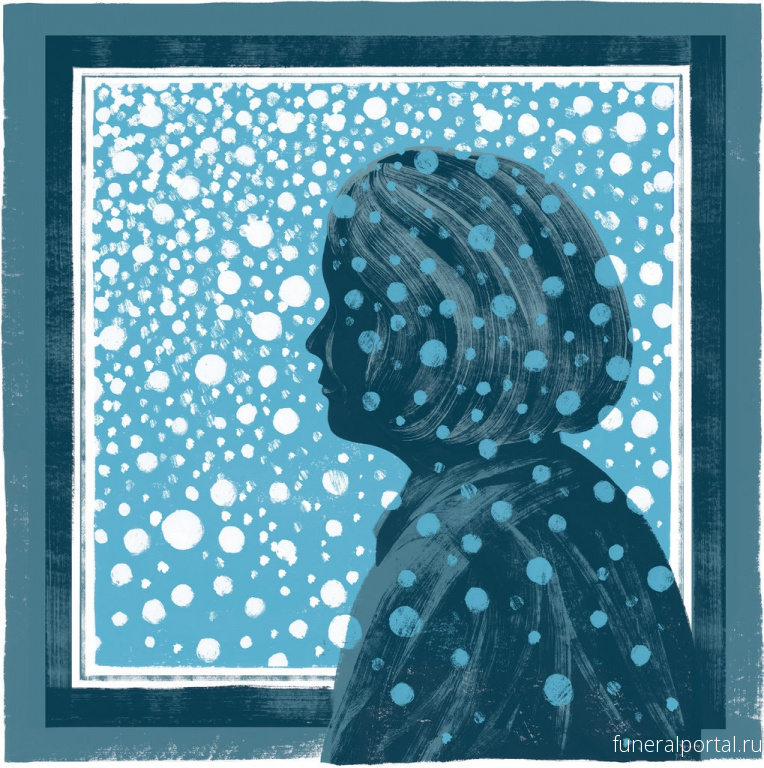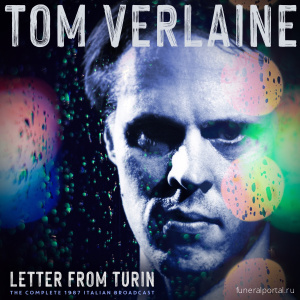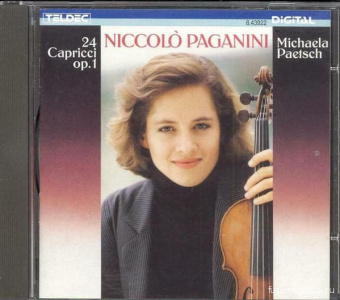While death is inevitable, our attitude about it is not.
Generally, I don’t think about death during the day. My schedule is full, and I focus on what is right before my eyes. It’s usually only when I go to funerals that I reflect upon deaths past, present and future; most of the time I think about life. Still, about once a month I wake in the night and know with absolute clarity that I will soon be gone.
I have always felt my own finitude. My father had his first stroke at 45 and died at 54. My mother died of diabetes at 74. I am 72. I would like to attend my last grandchild’s high school graduation and meet at least one great-grandchild. However, with my family history, that is unlikely. Now, with the news filled with stories of the coronavirus, I am reminded of the many random diseases that can strike suddenly and lethally.
Like almost all my peers, I want to die young as late as possible. I don’t want to live beyond my energy level. I don’t want to suffer dementia or lie helpless in a hospital. I want to die while I still believe that others love me and that I am useful.
I have done what I can to prepare for my death. I have a will, a health care proxy and medical directives. I’ve had many conversations with my family and my doctor about end-of-life decisions. My mnemonic device for all of them is, “If in doubt, snuff me out.”
While death is inevitable, our attitudes about it are not. We can be sanguine or gloomy, solicitous of others or self-absorbed. We can approach our deaths with fear and resistance or with curiosity and a sense of mission.
Facing death offers us an opportunity to work with everything we have within us and everything we know about the world. If we have been resilient most of our lives, most likely we will cope well with our own dying. It is frightening, of course, but it is our last chance to be a role model, even a hero.
I’d like to face death with the courage of my grandmother. The last time I visited her, she was recently widowed and dying from leukemia. She lay in bed in her small home in eastern Colorado. I could see she was in pain and could barely move, but when I asked about her health, she replied: “Let’s talk about you. How is college going this year?”
When I complimented her on her courage, she said simply, “I am going to be in pain and die soon no matter how I behave, so I might as well be cheerful.”
By the time we are in our 70s, we are likely to have witnessed many people dying. I’ve seen my parents and my husband’s parents die “bad deaths” with months of suffering and too much medical intervention, and I’ve witnessed peaceful deaths in rooms filled with love. Most of us boomers know how to behave at a bedside and have a sense of how we want to act when it’s our turn to be the one in bed.
We also have had decades of observing the rituals of death — hospitals and hospice, funerals, burials and the communal meals afterward. From these experiences, we have learned what we do and don’t want when it’s our turn. We may continue some of these traditions, but we will also design our own. Some of my friends with terminal illnesses have hosted goodbye parties in parks or at our local blues bar. Wakes with dancing, music and storytelling are back in style. Many of us want pine box coffins, green burials or cremations with our ashes tossed in beautiful places.
What happens after death is a popular topic among people I know. Opinions range from, “We turn into dirt,” to “I will see the face of God.” My writer friends want heaven to have a good library. One friend believes we will return to the place we were before we were born.
Jean Nordhaus wrote, “The dead are all around us / feathering the air with their wings.” A therapist who lost her young, cello-playing husband told me she feels his presence and knows they are still deeply connected in spirit. She finds that many people are afraid to die because they have no language for the numinous; however, she is certain that neither life nor relationships end with death.
I feel death may not be as big a change as we suppose. Rather, it might be like crossing a river.
I like to think that my relatives and friends will be waiting for me on the other side. I like to imagine grassy banks and flower-filled pastures shining in the sun. I like to think a lot of things, but I don’t know for sure.
I am not a particularly mystical person, but I have had mystifying experiences. When my Aunt Grace died, I drove to the Ozarks for her funeral. Her little house was surrounded by pink surprise lilies — what my cousins called “naked ladies.” The next spring, even though I had not planted them and they had never come up before, surprise lilies popped up in my garden. The year after that they popped up again but in different places. I concluded that Aunt Grace was greeting me. If I wanted to send a message after death, I would do it with flowers, too.
I love the world but I cannot stay. Death is democratic and we will all participate in its enactment. I will miss the beauty all around me. I have taken so much pleasure in the natural world, in people and books, in music and art, in cups of coffee and lolling cats. If I knew that I had a month left to live, I wouldn’t spend my time much differently than I do now.
All of my life I have loved snow.
When I was a girl in the 1950s, snow fell often in the long winters of western Nebraska. I remember one winter when, after the streets were plowed, mountains of snow 10 feet tall stood in the middle of the streets. As a young mother, my favorite days were snow days when our family could stay home and play board games. I would make soup and popcorn. I relished taking my children outside to do the things that I had done in the snow as a girl. I loved falling asleep with my family safe on a blizzardy night when the streets were impassable and a blanket of peace covered our town.
Now, snow has become a profoundly spiritual experience. When it snows, I sit by my window and watch it fall. I go deep into its purity and softness.
Snow falls inside and outside of me. It settles my brain and calms my body.
I hope death feels like watching the snow grow thicker and thicker. Doctors call dying of a morphine overdose being “snowed.” I would not mind that at all. I would like to disappear in a whiteout.
By Mary Pipher. Dr. Pipher is a clinical psychologist.
Mary Pipher is a clinical psychologist in Lincoln, Neb., and the author of “Women Rowing North: Navigating Life’s Currents and Flourishing as We Age.”










